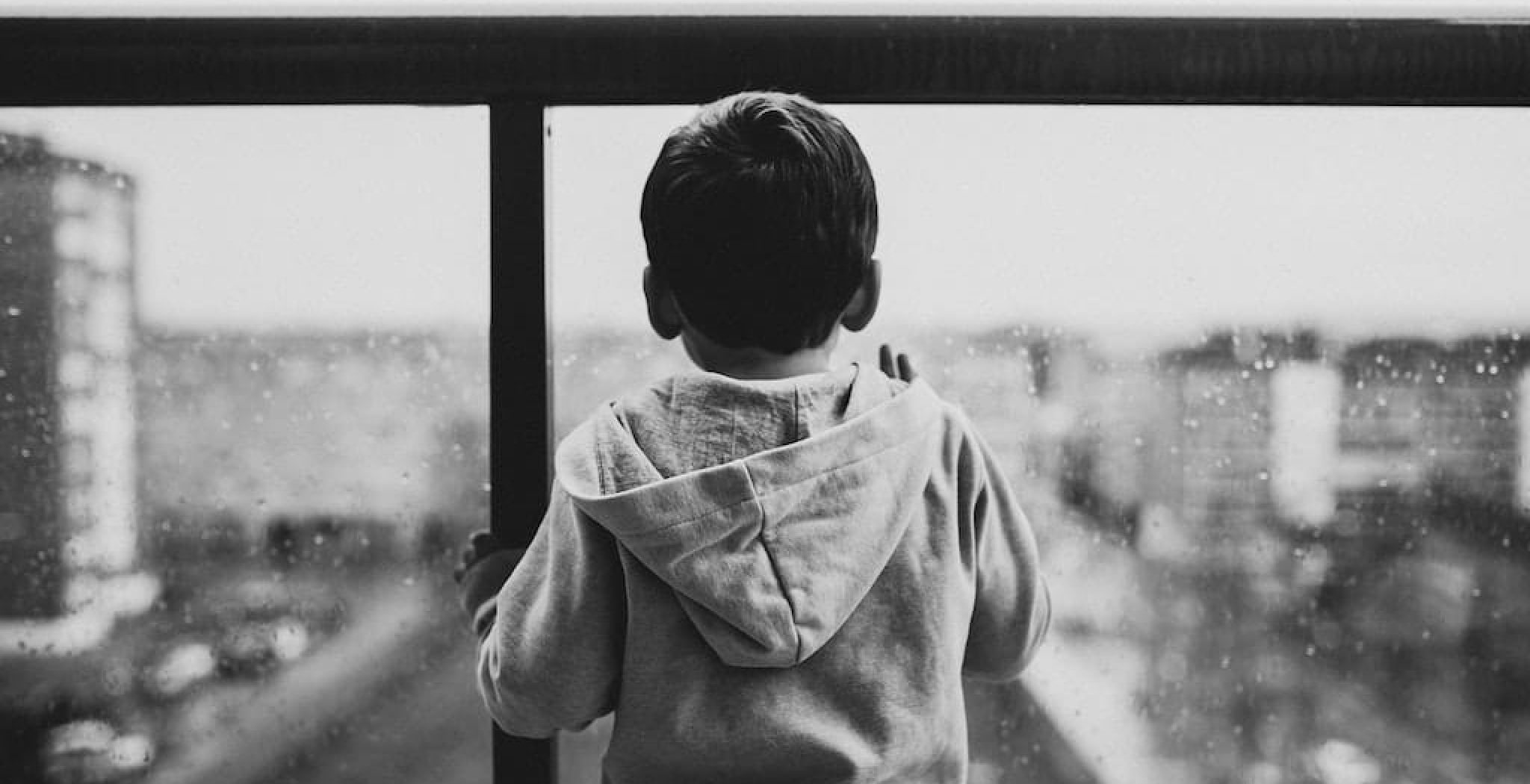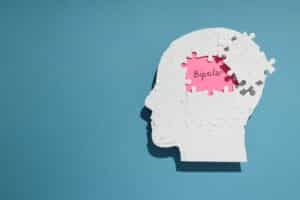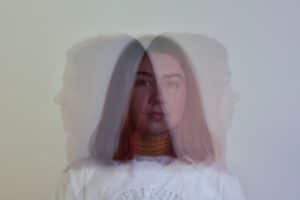You don’t understand schizophrenia. Many people have seen a movie or a news broadcast about the disorder. They see images of “crazy” adults and assume schizophrenics are helpless.
But the truth about schizophrenia is more complicated than that. For one thing, many children have it.
One in every 30,000 children has early-onset schizophrenia. Applied to the population in the United States, that is nearly 2,500 children.
It is possible that your child has schizophrenia. But don’t panic.
You need to understand the causes and signs of childhood schizophrenia, and then you need to know the treatments. Whatever your child is going through, you can help them.
Here is your quick guide.
Causes of Early-Onset Schizophrenia
The causes of early-onset or childhood schizophrenia are still being determined. However, scientists have noticed several factors that could influence cases.
The National Institute of Mental Health has determined that more than 250 places in human genomes contribute to schizophrenia. There is no one test that can diagnose it, but identifying these genes may produce a test in the future.
Whether you have dozens of these genes or not, you still have the possibility of developing schizophrenia. So you should look at your family history if you are concerned about mental illness.
Aspects of a child’s background can influence their mental health. Exposure to toxins like marijuana can trigger symptoms. Highly stressful situations like the loss of a family member may also be triggers.
Many teenagers experience signs of schizophrenia as they are going through puberty. This occurs between the ages of 13 and 18. This suggests that hormonal and physical changes can impact the mind.
Differences in brain structure also impact schizophrenia. Schizophrenics may have an imbalance of chemicals like dopamine and serotonin. This affects how they process stimuli.
Viruses, bacteria, and traumatic injuries do not cause schizophrenia. If your child develops it, it is likely the result of several different factors.
You did nothing wrong. Your child is not “sick” or “broken,” and you can get help for them.
Early-Onset Schizophrenia Symptoms
Early-onset schizophrenia can present when a child is a baby. A baby may show developmental problems. They may seem inactive, or they may engage in odd movements, like rocking their arms.
A toddler may withdraw from their activities. In a classroom environment, they may refuse to engage with others, even their parents. They may fail to complete their work or games.
Adolescents and teenagers may develop symptoms suddenly. They can show several distinct symptoms at once.
They may become unable to tell the difference between reality and fantasy. This can include believing that their dreams or pieces of media they watch are real.
They may suffer from delusions. They may believe that someone is hurting them. They may assume that someone or something is hunting them.
Hallucinations can be auditory or visual. They may hear voices telling them to do something. They may see things like flashing lights.
Less common symptoms include anxiety, anhedonia, and confusion. Children may begin talking to themselves or talking in a manner that is hard to understand.
Diagnosis
The symptoms of early-onset schizophrenia overlap with many conditions, including autism spectrum disorder. You should not assume right away that your child has schizophrenia.
Talk to your child about what they are going through. They may feel scared or disoriented. Assure them that they are going to get help.
You should also touch base with your child’s teachers and support circle. Get a good sense of how your child is performing in the classroom and with their friends.
Once you’ve done some research, get a psychological evaluation for your child. A doctor and psychiatrist will run a comprehensive examination of your child’s health. This will include physical tests to check for complications and rule out other conditions.
A formal diagnosis of schizophrenia requires a few factors. A child must show at least two major symptoms, like delusions and hallucinations, for at least one month. They must also have some kind of mental disturbance for at least six months.
Your child can have schizophrenia and another disorder. If you or a medical professional suspect that to be the case, you should get diagnoses for both.
Treatment
Mental illness in young adults is treatable in a number of ways but it all depends on your child’s individual symptoms.
One common treatment is antipsychotic medications. Children can take a daily pill or liquid medication.
If your child is not afraid of needles, they can take a monthly injection. This may be easier to remember than a daily drug.
Medications may have side effects, including restlessness and drowsiness. It is important that your child takes their medication when they are supposed to. Sudden withdrawal can have complications.
Cognitive-behavioral therapy helps patients develop coping and problem-solving strategies. They can use these strategies to dismiss their hallucinations and delusions.
You can go to a support group or educational program. This can decrease your anxiety after a diagnosis.
There is no cure for schizophrenia. Treatment must be long-term and holistic. Any approach that stops or focuses on only the mind will not work.
Getting Help From SoCal Sunrise
Early-onset schizophrenia is more common than you think. Many things can cause it, including more than 250 genes. It often occurs in teenagers going through puberty, but it can occur in younger children.
Symptoms include hallucinations, delusions, and disrupted speech patterns. Get a full medical evaluation for your child, including checks for physical symptoms. Treatment plans involve medications but also incorporate talk therapy.
Turn to the best health professionals for guidance. Southern California Sunrise is Irvine’s leading mental health recovery center. Contact us today.







